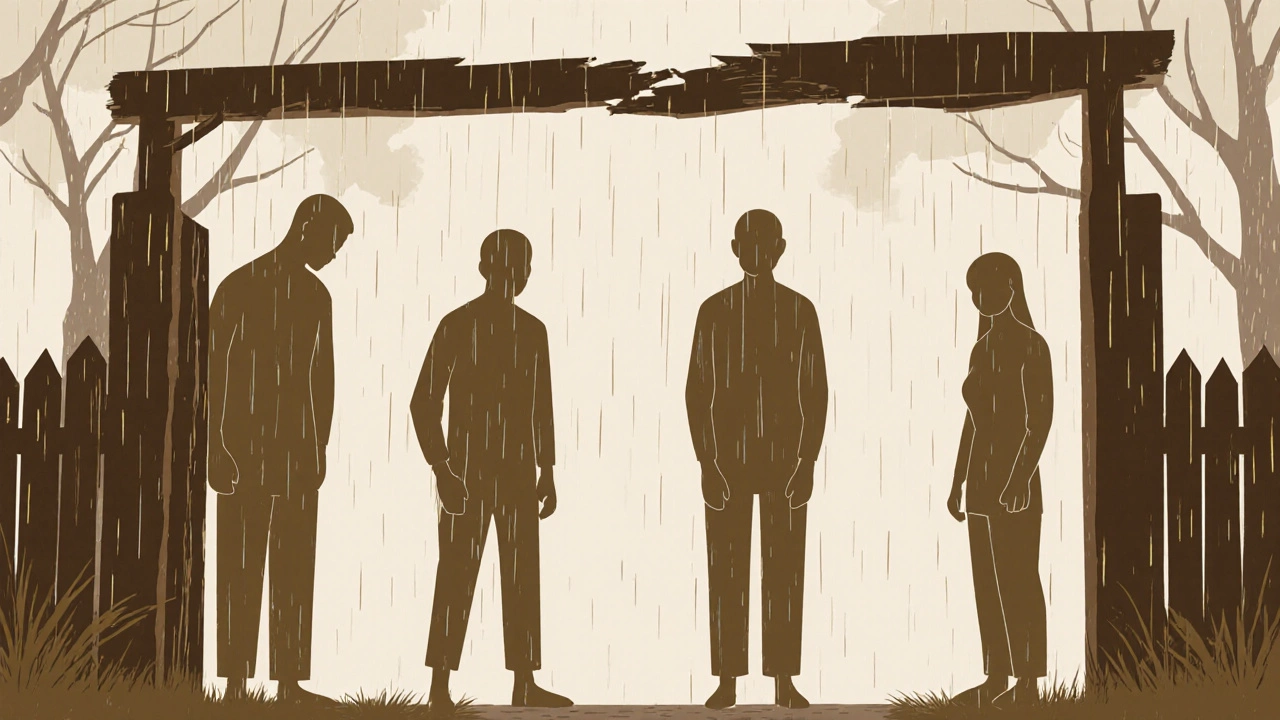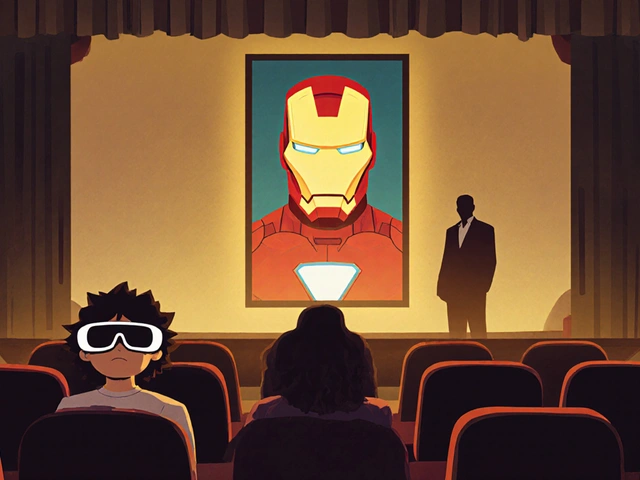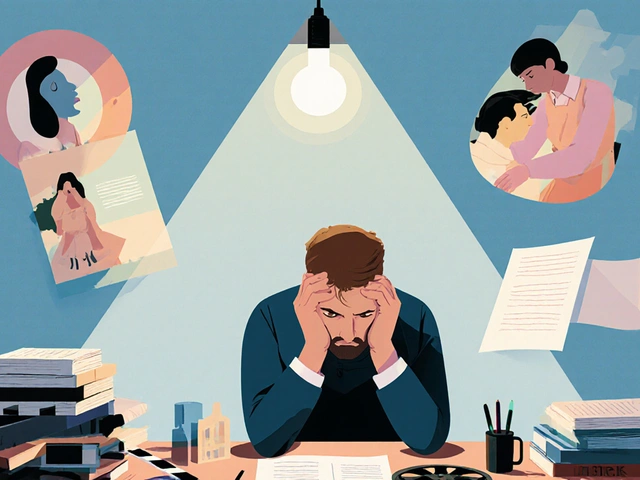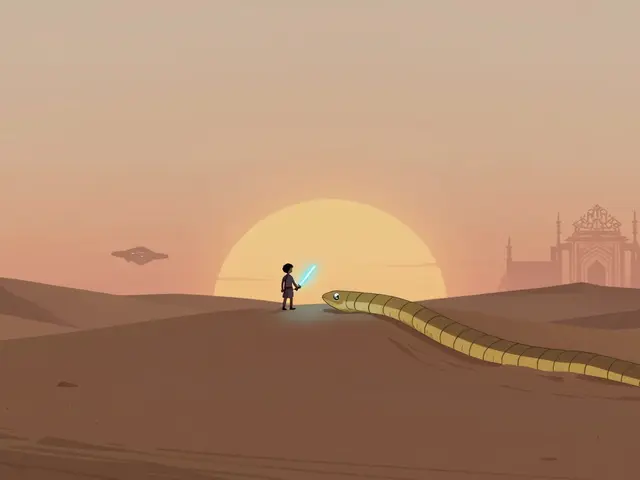Rashomon: The Film That Changed How We See Truth in Storytelling
When you watch Rashomon, a 1950 Japanese film by Akira Kurosawa that explores how different people tell the same event in conflicting ways. Also known as the Rashomon effect, it’s not just a movie—it’s a mirror held up to how memory, bias, and ego shape what we call truth. Before Rashomon, stories in film were usually told from one clear angle: the hero’s view. But this film flipped that. Four people describe a murder and a rape—and each version is completely different. No one’s lying outright. They’re just seeing the world through their own wounds, fears, and pride. That’s the core of Rashomon: truth isn’t fixed. It’s fractured.
This idea didn’t stay in 1950s Japan. It spread. It influenced everything from courtroom dramas to reality TV. Think about how a breakup story sounds different when told by each person involved. Or how two witnesses to a car crash give opposite accounts. That’s the Rashomon effect in real life. It’s why documentaries now interview multiple sides. It’s why true crime podcasts play audio from conflicting testimonies. And it’s why modern films like Gone Girl or The Usual Suspects feel so unsettling—they’re built on the same foundation Kurosawa laid down.
Rashomon isn’t just about storytelling. It’s about power. Who gets to tell the story? The wealthy samurai? The desperate bandit? The silenced woman? The priest who watches it all? Each voice carries weight, and each one hides something. The film doesn’t give you the answer. It forces you to sit with the discomfort of not knowing. That’s why it still matters. In a world of deepfakes, spin, and algorithm-driven narratives, Rashomon feels more urgent than ever.
Below, you’ll find posts that explore how this idea lives on—in how we edit videos, how we market content, even how we decide what to believe online. Whether it’s how Netflix edits a documentary to shape emotion, or how a TikTok creator picks which version of a story to tell, Rashomon’s shadow is everywhere. You don’t need to be a film scholar to get it. You just need to have ever wondered: Wait, is that really what happened?
6
Rashomon and the Unreliable Narrator: How Kurosawa Changed Cinema with Truth That Doesn't Add Up
Akira Kurosawa's Rashomon shattered cinematic norms by showing that truth isn't absolute - it's shaped by memory, pride, and fear. Four conflicting accounts of one crime reveal how humans rewrite reality to protect themselves.
Latest Posts
Popular Posts
-
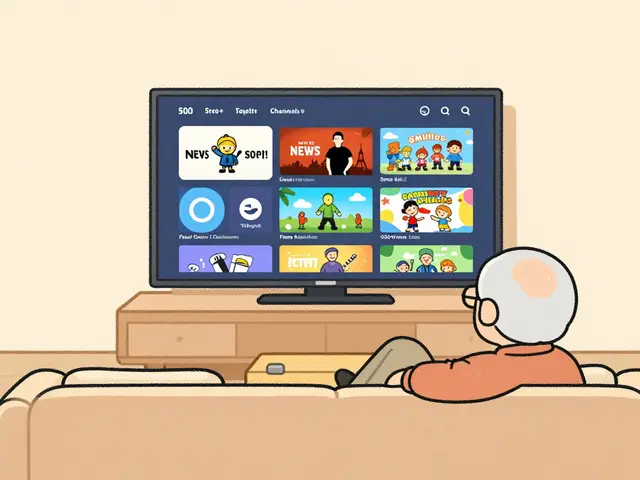 Sling Freestream: 500+ Free Channels and On-Demand Content
Sling Freestream: 500+ Free Channels and On-Demand Content
-
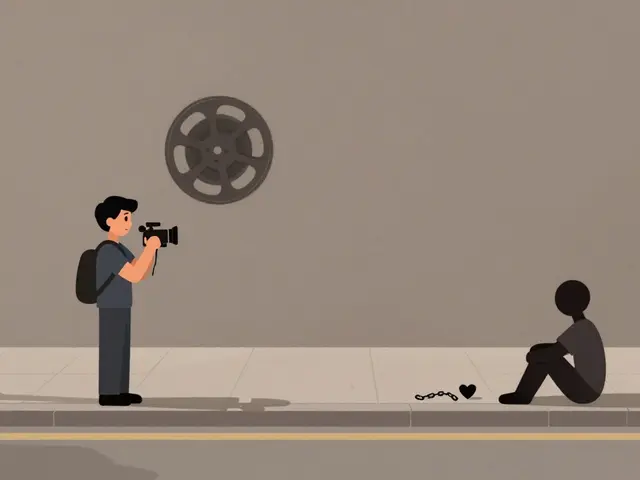 Ethics of Subject Relationships in Documentary Filmmaking: Power, Consent, and Follow-Up
Ethics of Subject Relationships in Documentary Filmmaking: Power, Consent, and Follow-Up
-
 Latin American Streaming: Claro Video, Star+, and Local Services Explained
Latin American Streaming: Claro Video, Star+, and Local Services Explained
-
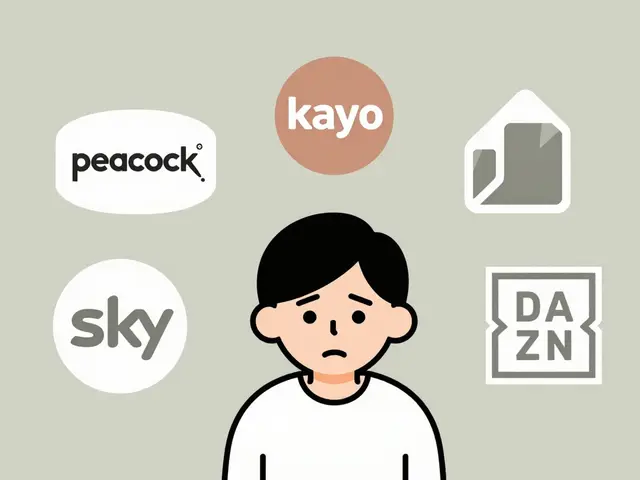 MotoGP and IndyCar Streaming Options in 2026: Where to Watch Live Races
MotoGP and IndyCar Streaming Options in 2026: Where to Watch Live Races
-
 Best New Shows and Movies on Netflix This Week
Best New Shows and Movies on Netflix This Week
Categories
Tags
- streaming services
- video editing
- video production
- parental controls
- video editing software
- marketing mix
- subscription management
- streaming apps
- Max streaming
- video editing tips
- tips
- ROI
- video marketing
- video editing tools
- marketing strategy
- Premiere Pro
- classic cinema
- Kurosawa
- streaming setup
- Prime Video
